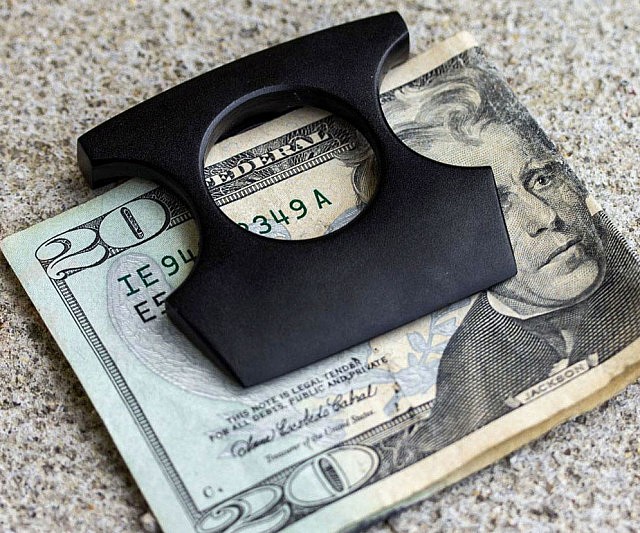‘Lower interest rates to curtail USD use’
“The Committee noted that the increase in inflation was undermining consumer demand and confidence and that, if not controlled, it would reverse the significant economic gains achieved over the past two years,” said RBZ Governor Dr John Mangudya, who doubles as monetary policy community chairperson.
Economists have commended the Reserve Bank of Zimbabwe (RBZ) for its decision to
reduce its bank policy rate saying the move will promote use of the Zimbabwe dollar in
local transactions at a time when the greenback has been threatening to displace the
local unit.
This comes after the Zimbabwe Statistical Agency (ZimStat) said recently 76,56 percent
of spending was now being done in US dollars while the RBZ indicated 67 percent of bank
deposits were now in foreign currency.
While the US dollar ensured the stability of inflation, the use of foreign currency as a
medium of exchange robbed the central bank of monetary policy instruments required to
control the pace and direction of economic growth, including determining the level of
liquidity needed to support the economy.
However, economic analysts have said Zimbabwe is just using a currency that is cheaper
and easier to obtain after authorities hiked interest rates to record highs, from 80 to 200
percent, to discourage borrowing for speculative tendencies.
The bank policy rate signifies the interest rates level the central bank wants to see and
sets the benchmark of minimum interest rates charged by lenders.
According to a survey of household spending by Zimstat, 76,56 percent of spending is
now in US dollars, with just 23,44 percent being in Zimbabwe dollars.
Products that are dominating US dollars sales include clothes and shoes at 97,77 percent,
while the US dollar accounts for 65 percent of transactions on food and non-alcoholic
drinks. Transport is 92,51 percent forex transactions, while rentals and utilities are now
at 76,45 percent.
Other key products/services being bought and accessed mostly in foreign currency are
healthcare at 91 percent and school fees at 95,38 percent.
Economist Tinevimbo Shava said, “The matrix really does show the effect of the interest
rates we had and how they pushed people and businesses from excessive borrowing of
local dollars to borrowing foreign currency.”
He added that this will ease down as the local dollar interest rates begin to fall back as
was done last week by the RBZ.
The RBZ in July 2022 raised the main interest rate to 200 percent from 80 percent to curb
speculative borrowing, which was driving inflation resurgence and exchange
rate volatility.
“The Committee noted that the increase in inflation was undermining consumer demand
and confidence and that, if not controlled, it would reverse the significant economic
gains achieved over the past two years,” said RBZ Governor Dr John Mangudya, who
doublesas monetary policy community chairperson.
Economist Gladys Shumbambiri said the country needed not to panic because of the
statistics on the growing use of US dollars in transactions, as they tend to fluctuate
depending on obtaining interest rates levels.
“We had a situation where using the local currency was expensive and like any rational
being, companies went for the much cheaper currency which has brought us here. I
assure you that as the interest rates continue to be reduced we will start seeing more use
of the local currency,” she said.
Economic analyst Sibongile Chapwanya said: “People tend to look at situations in
isolation and that is why we are having to hear such talk of dollarisation.
“If you ask me, the dollar is dominant because the local component was now expensive
and companies were now finding it hard to settle their debts.
“But as soon as borrowing begins to look lucrative again, the ratio of USD and local
currency will definitely change with an increase of the local currency use.”
Retail companies such as Delta and PPC Zimbabwe have reported that over 70 percent of
their sales are now in US dollars, which backs Zimstat’s new survey.
“The Zimbabwe businesses recorded a significant increase in the proportion of foreign
currency sales during the quarter to beyond 70 percent.
“There was a corresponding increase in the purchases settled in foreign currency, as the
economy dollarised,” Delta said in its report for the December 2022 quarter.-The Herald











